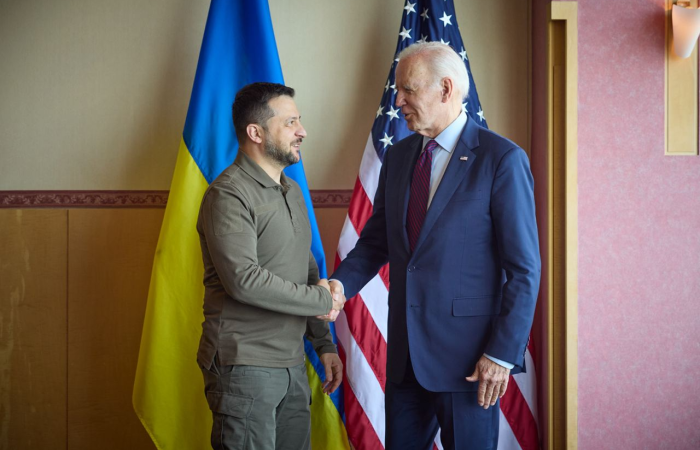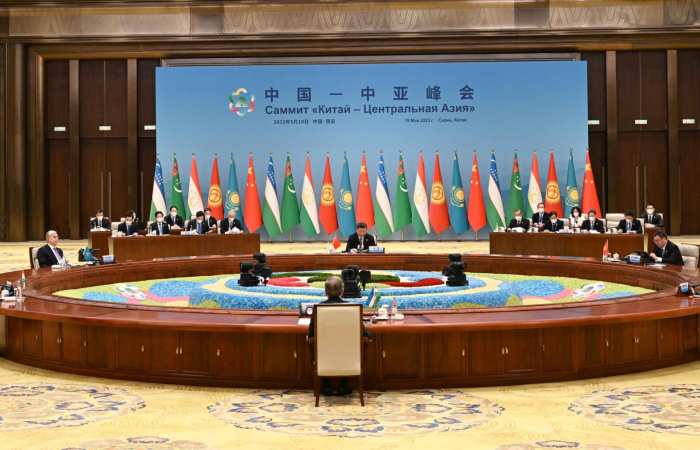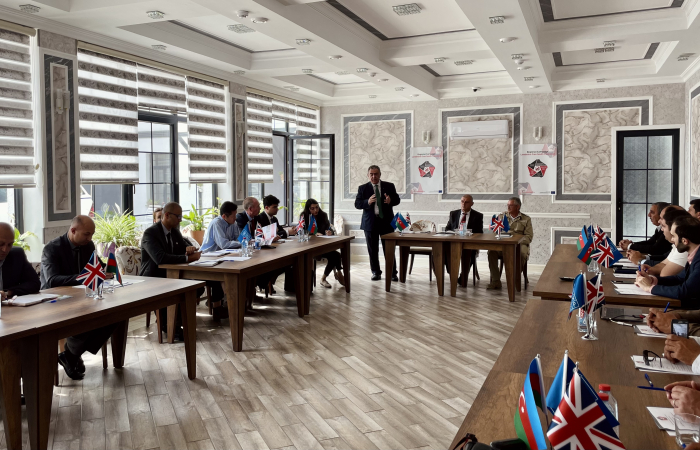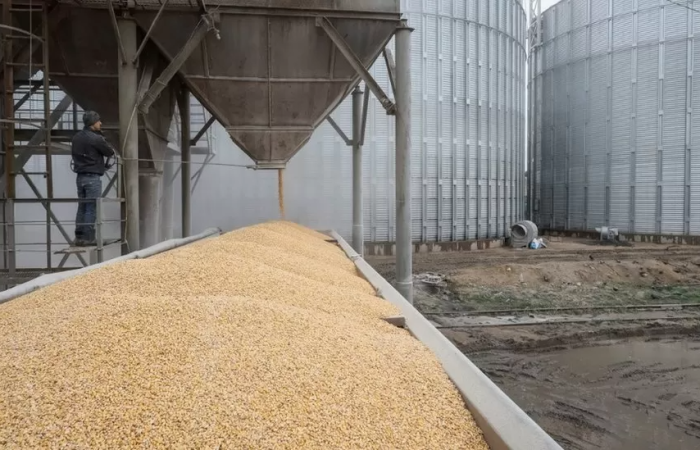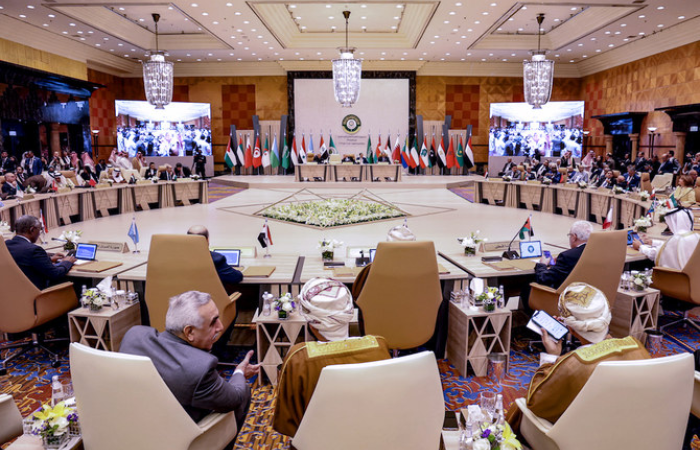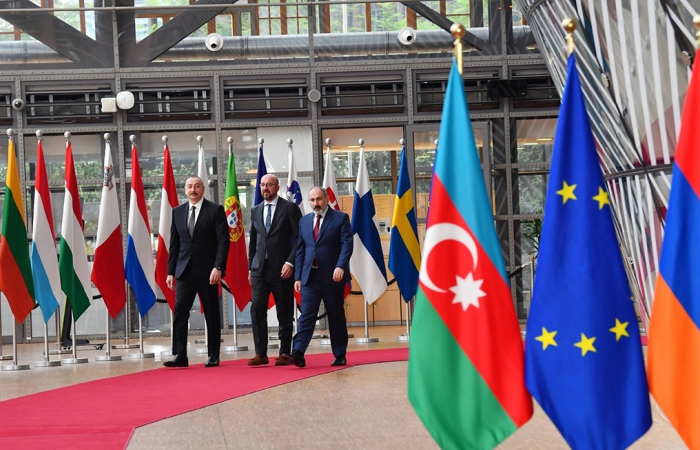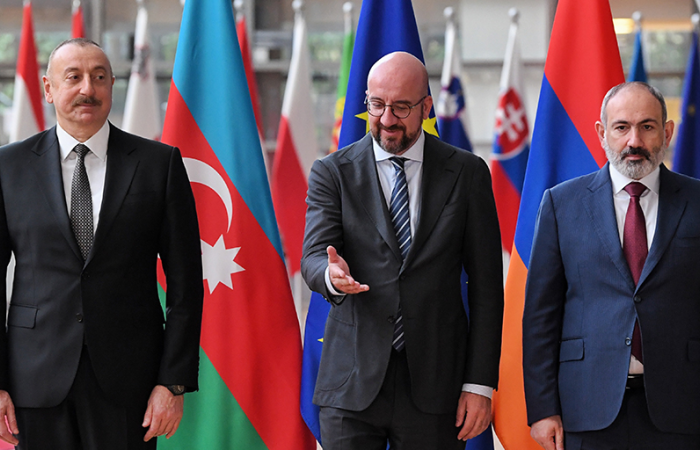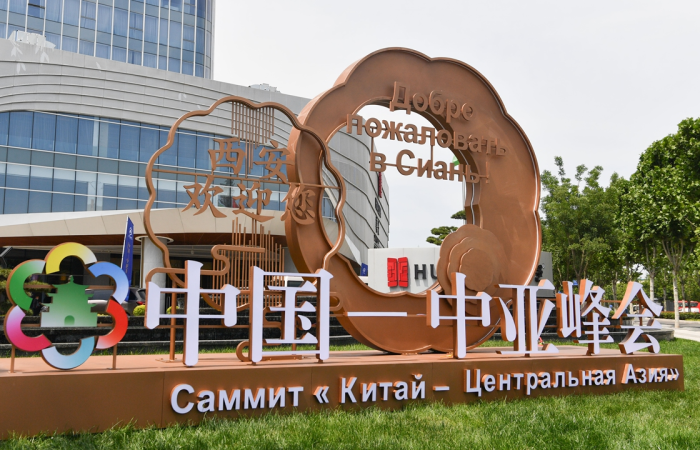Trending
US announces $375m military aid for Ukraine at G7 in Japan
22 May 2023
The US Department of Defense has announced another package of military aid to Ukraine, this time totalling $375m. It is the 38th round of equipment sent to Ukraine by the US since August 2021.
The statement released by the US Department of Defense on Sunday (21 May) following President Joe Biden's meeting with Ukrainian President Volodymyr Zelensky at the G7 meeting in Japan details the capabilities included in the latest package.
It will include further ammunition with HIMARS rocket systems that have wrought havoc on Russian troop and equipment concentrations since they were first supplied to Ukraine in June 2022.
It will also supply Javelin anti-tank missiles and AT-4 anti-armour systems, as well as armoured bridging systems, logistics support, and thermal imagery systems.
This latest package comes after Joe Biden signaled that he would authorise the third-party transfer of F-16 fighter jets to Ukraine, something that Ukraine has pressured allies over for months. He would also support an international intiative to train Ukrainian pilots on the jets, he added while at the G7 summit in Japan.



